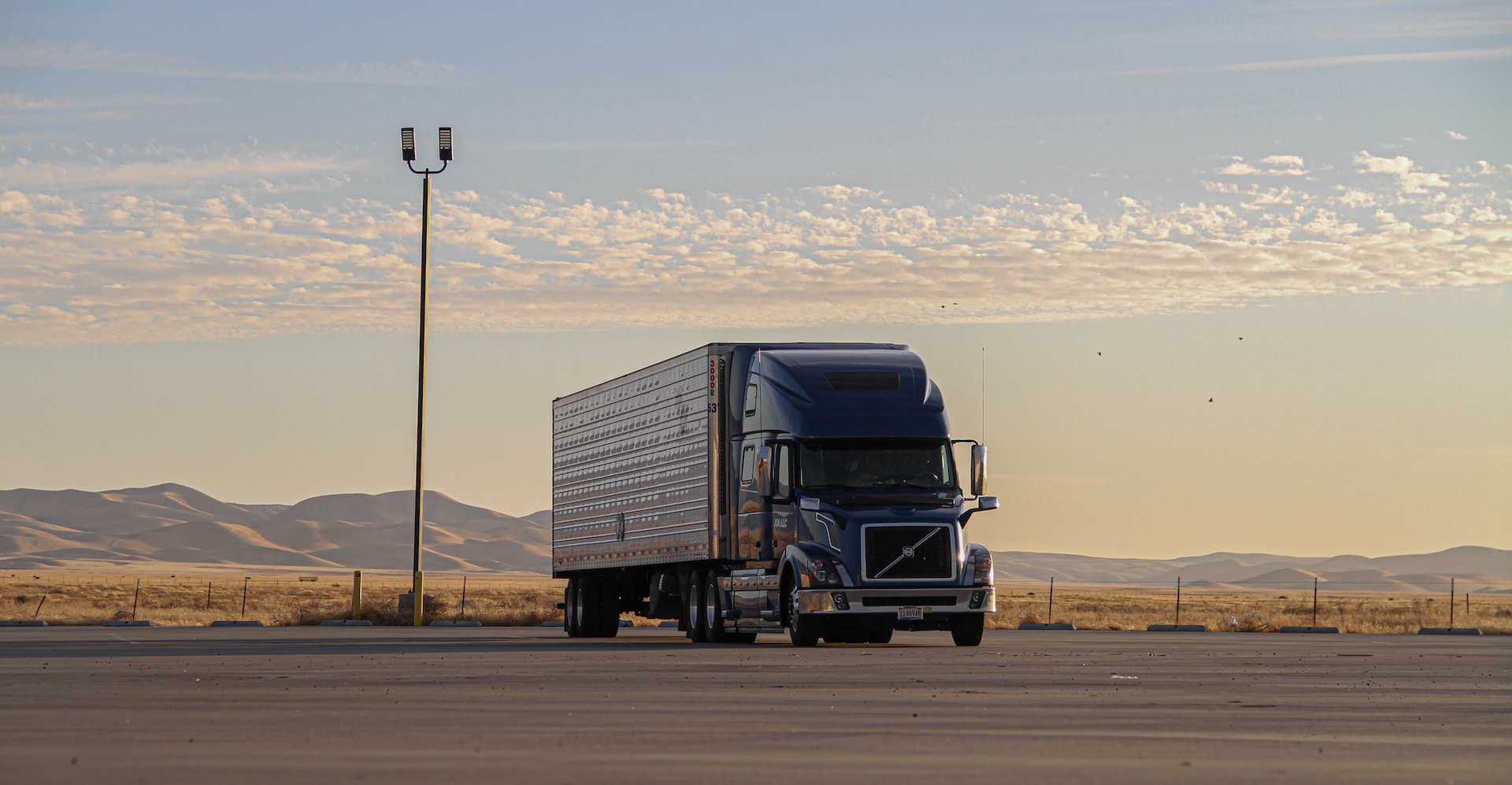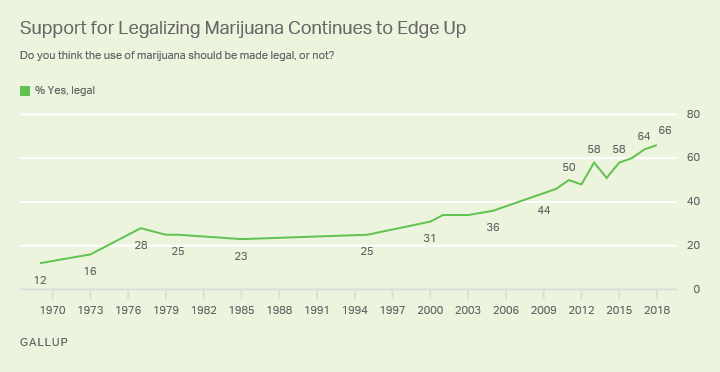US Drug Test Centers Blog
What is DOT Testing? | US Drug Test Centers
The Department of Transportation (DOT) has strict rules around drug and alcohol testing, particularly for individuals in safety-sensitive roles (such as those with a CDL). How exactly does the Department of Transportation help companies and owner-operators keep drug and alcohol abuse at bay? What do DOT drug tests look like? In this blog, we'll answer these questions and more.
What is the Department of Transportation (DOT)?
The DOT manages the country's transportation system, helping to provide equitable access to transportation in a safe, efficient, and sustainable manner. The DOT includes the following agencies:
- Federal Aviation Administration (FAA)
- Federal Highway Administration (FHWA)
- Federal Motor Carrier Safety Administration (FMCSA)
- Federal Railroad Administration (FRA)
- Federal Transit Administration (FTA)
- United States Coast Guard (USCG)/Maritime Administration
- National Highway Traffic Safety Administration (NHTSA)
- Pipeline and Hazardous Materials Safety Administration (PHMSA)
DOT Regulations Around Drug Testing
Why is the DOT so strict when it comes to drug and alcohol testing transportation workers?
The reason for such specific testing requirements is that for individuals in safety-sensitive positions, there is heightened risk involved. For instance, consider airline pilots, bus drivers, truck drivers, and train conductors.
If professionals in safety-sensitive functions show up to work under the influence of controlled substances, they're putting lives at risk --- not just their own, but the lives of the people they're moving from Point A to Point B, as well as innocent bystanders, like other drivers on the road.
This is why the DOT has to make transportation safety the top priority, and the most effective way to do that is with a thorough testing process.

What Does a DOT Drug Test Screen for?
The DOT uses urine drug testing to screen for five substances: marijuana, cocaine, opiates (opium and codeine derivatives), amphetamines and methamphetamines, and phencyclidine (PCP).
When Does the Department of Transportation Conduct Urine Drug Testing?
There are certain circumstances under which professionals must undergo a DOT drug test:
- Pre-employment
- Post-accident
- Return-to-duty
- Follow-up
- Random
- Reasonable suspicion
What if Someone Fails or Refuses DOT Drug Testing?
If an employee tests positive for any of the five aforementioned drugs, or if they register a blood alcohol content of 0.04 or greater, this is considered a failed test. They should be immediately removed from their role if it is safety-sensitive. They are allowed to return only once they complete the return-to-duty process alongside a DOT substance abuse professional (SAP).
What about if they refuse a drug test? This is essentially the same as testing positive. Under some circumstances, refusals can be determined by a medical review officer (MRO) and alcohol technicians, but they are primarily determined by the employer.
Having a DOT Drug-Free Workplace Testing Program
While drug and alcohol testing is, of course, a huge piece of the puzzle, having a holistic testing program is vital for companies and owner-operators to stay compliant. This means having a robust drug and alcohol policy, including enrollment in a random consortium, training for your staff (including the designated employer representative or DER), and registration with the FMCSA Clearinghouse, if your business operates under Federal Motor Carrier Safety Administration regulations.
We can help you with all of this and more!

Partnering with US Drug Test Centers
Whether you are a DOT owner-operator or business, US Drug Test Centers will help you stay compliant with local and federal regulations so that you can pass a DOT audit at any time.
We'll guide you as we manage your drug and alcohol testing programs, train your staff on how to recognize the signs of impairment and manage your drug-free workplace program, create your drug-free workplace policy, and enroll you in a random consortium.
When you partner with a third-party DOT drug testing company, they do much of the heavy lifting for you. US Drug Test Centers ensures accuracy by partnering only with SAMHSA-certified laboratories and having the results of all drug tests verified by a medical review officer (MRO).
Leave the nitty-gritty of the DOT drug testing requirements to us!
Next Steps
Are you ready to get professional guidance with your DOT drug and alcohol testing programs? Here are your next steps:
- Learn more about our DOT testing and services.
- Request a drug-free workplace policy manual.
- Read more information about 49 CFR Part 382.
- Contact us with any questions and we'll be happy to assist you.
























